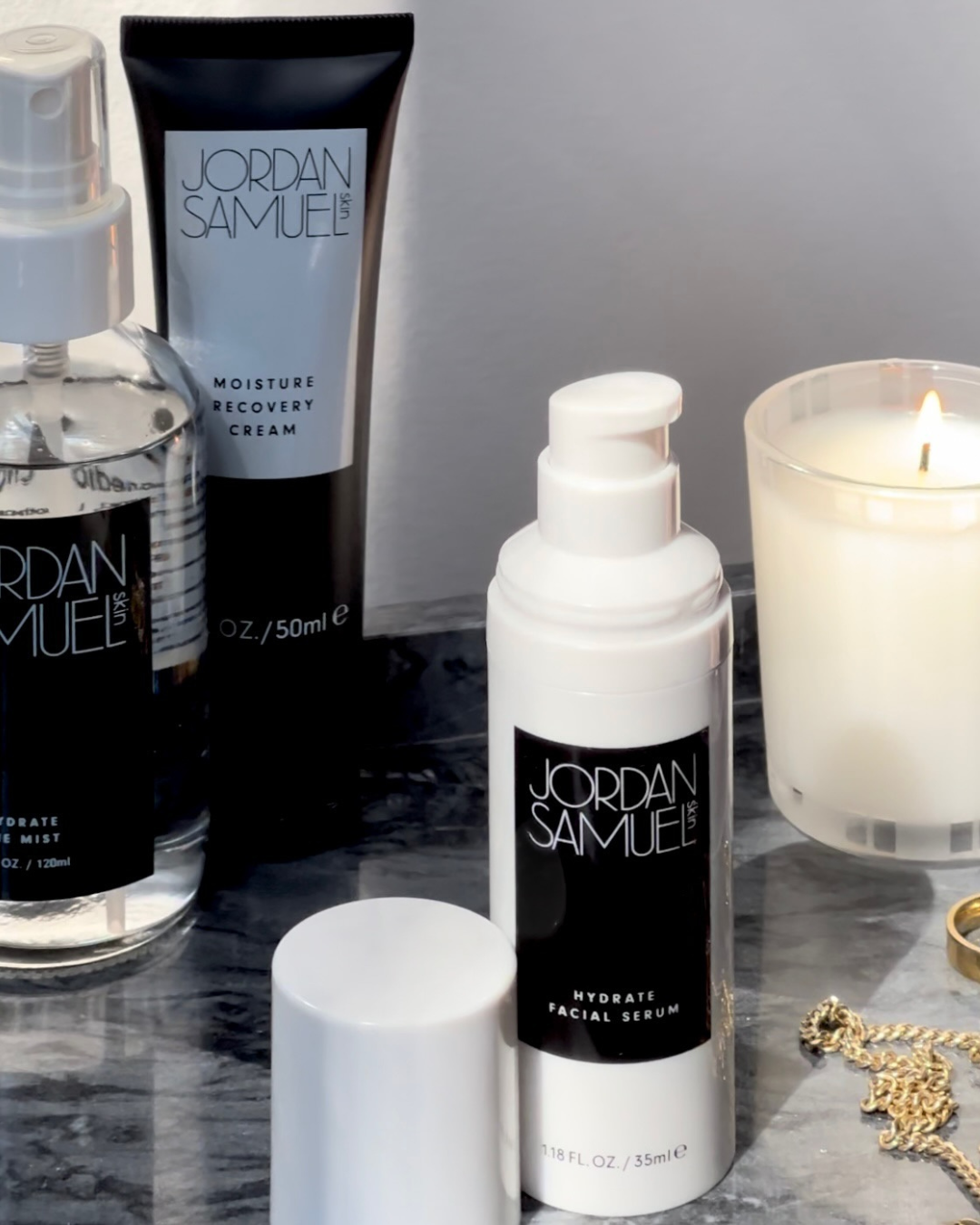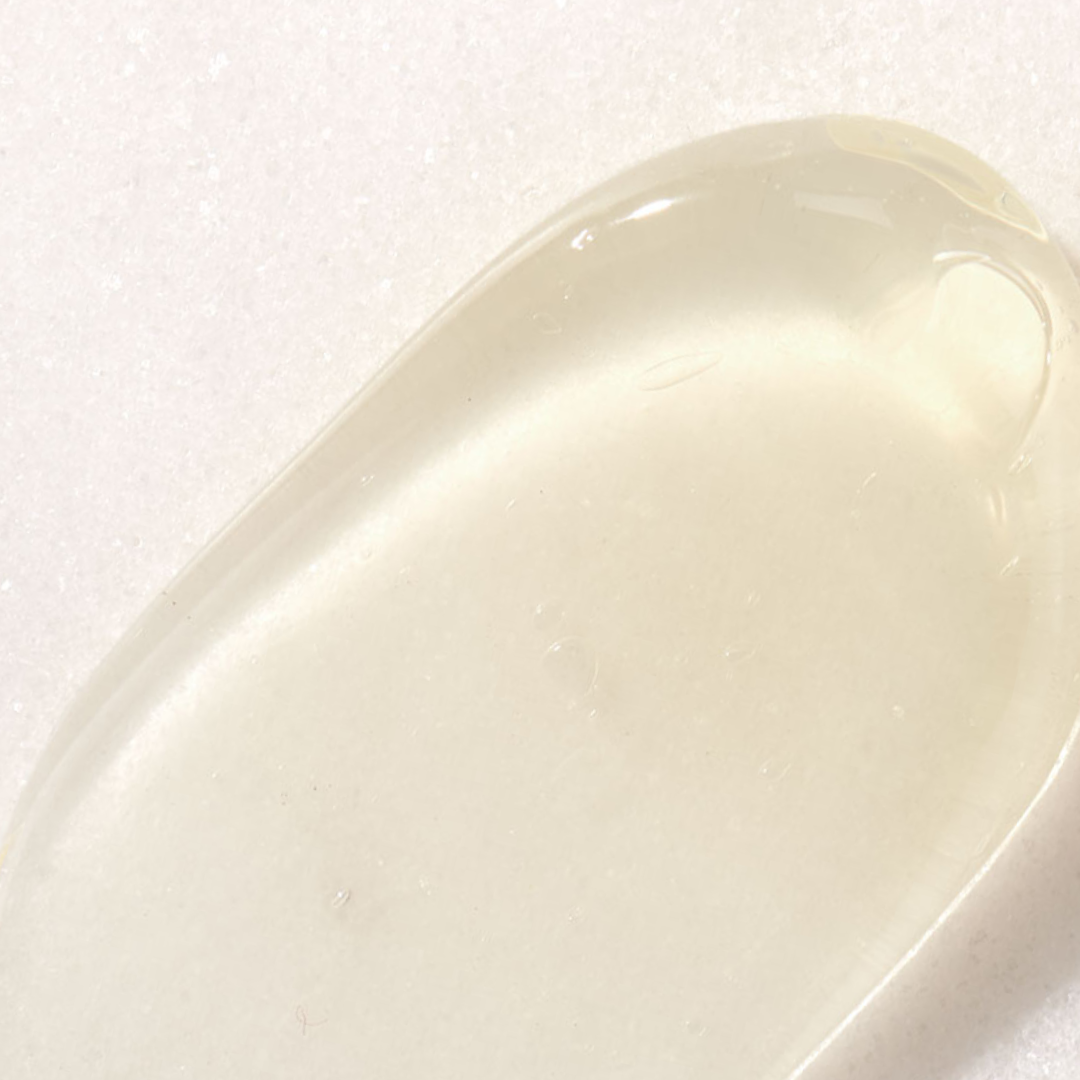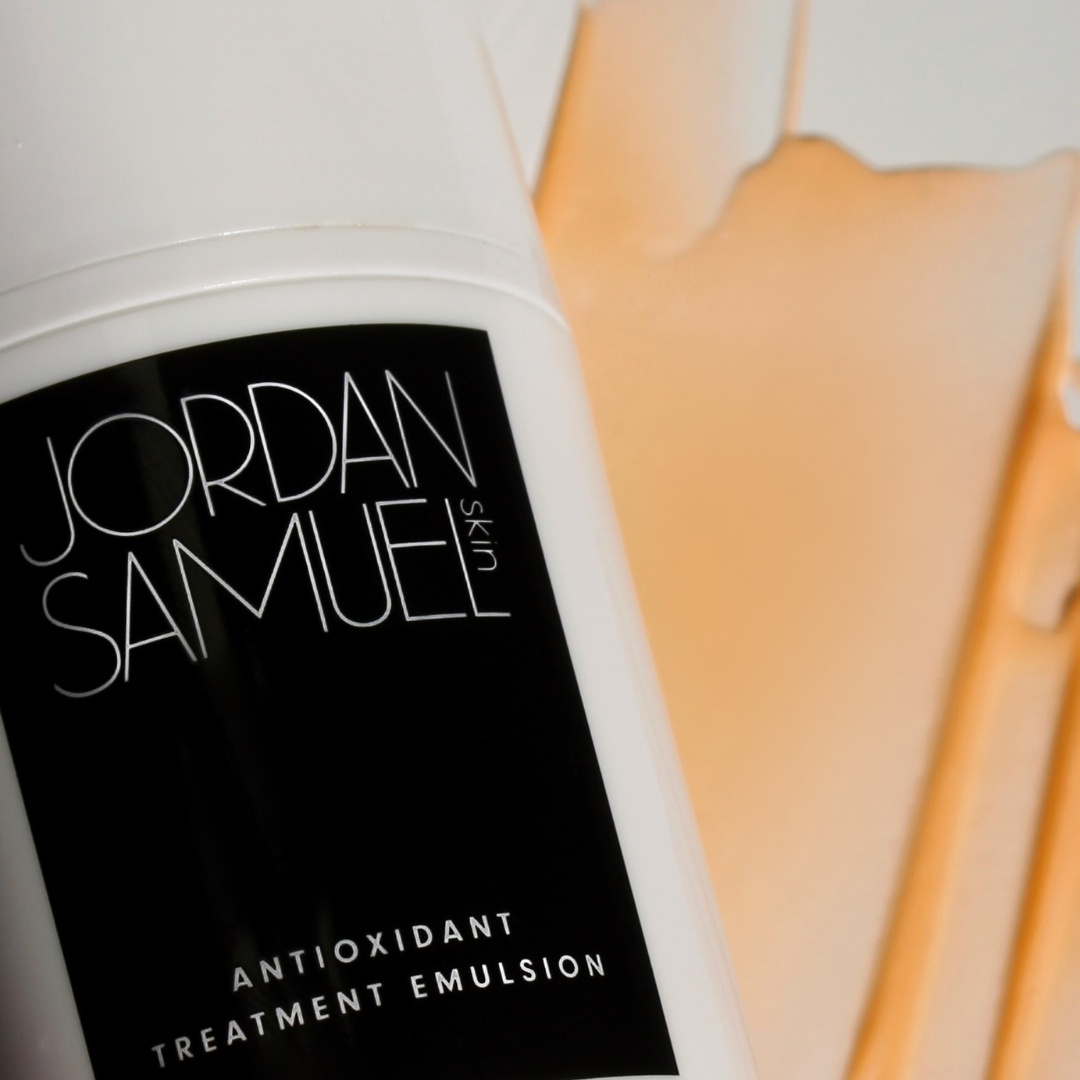Let me get this out of the way: I’m not a medical or dietary professional. I’m not interested in telling you what to consume, nor am I qualified to do so. Instead, I’d like to talk about the supplements I take, my personal experiences with them, and how they’ve affected my skin. If my experiences resonate with you, that’s great! But before you go out and purchase anything I’ve mentioned for your own use, please talk to your doctor. Not every supplement suits every individual.
What I Take
Fish Oil. I’m always striving for skin that’s plump and juicy from the inside out, and a supplement rich in omega-3 bolsters the effect of healthy oils in my diet. Omega-3 constitutes an essential part of the cell walls in your skin, so it makes sense that taking more healthy oils would have a positive effect on overall skin health. You can read more about how skin relies on healthy fats in this blog post. Bonus tip: for vegans and vegetarians, there are available omega supplements derived from flaxseed, algae, and other plant-based sources.
Vitamin C. Arguably the most well researched antioxidant for both topical and dietary use, I have a bit of a love-hate relationship with vitamin C. I’ve discussed how my skin doesn’t tolerate it very well, but I can cover my bases with a vitamin C supplement. I like a vitamin C + vitamin C ester for optimal absorption since it includes both water-soluble and oil-soluble forms. I’ve also noticed a definite glow in my skin when I take an antioxidant supplement such as CoQ10 (AKA ubiquinone, which you can read about in my antioxidants blog post).
Vitamin D. With Seattle’s particularly gray weather, this should come as no surprise. What may surprise you is vitamin D’s various functions in skin health. It assists with skin’s innate renewal and self-repair processes.
Magnesium. Not only does it help relieve muscle soreness (which was a huge benefit to me during my ballet career), but magnesium also helps regulate levels of the stress hormone cortisol. In a sense, magnesium truly is a chill pill. Cortisol's role in sebum production means that magnesium can help combat some of the negative effects of stress on the skin.
What About Collagen and Biotin?
Current evidence suggests that collagen supplements don’t do much for skin. Powdered collagen supplements are usually dissolved in water, and proper hydration can help improve skin’s appearance—but the benefits stop there. On a theoretical level, it doesn’t make sense that ingested collagen would make its way to the dermal layers. Likewise, there’s no compelling research to support claims that dietary collagen will affect collagen production in the skin.
Biotin, on the other hand, does have some evidentiary support—but only if you’re already deficient in B vitamins. It hasn’t shown an affect in healthy individuals without vitamin deficiencies. You’ll likely see the same results from consuming a healthy, varied diet.
Supplements Should Supplement
As the name would suggest, supplements should work in conjunction with the foods you eat. They aren’t a replacement for a diet rich in vitamins and trace minerals. Supplements are also wildly under-regulated, which is another good reason to talk to a medical professional before adding them to your routine. Your doctor can provide helpful recommendations for trustworthy vitamin sources.
XO,
Jordan




